Keap review
Keap delivers an integrated sales and marketing CRM suite including contact management, email marketing, and payment capabilities. Your business needs one of the best CRM software solutions to manage its pipeline, so read our Keap review to find out if this is the right one for you.
Keap review: Snapshot
Keap is not your typical CRM software. Its combined set of features blurs the line between sales and marketing, with native payments, appointment booking, and email marketing functionality built on top of a core contact and pipeline management system.
Though its steep price and contact storage limits may deter some small businesses, Keap helps you convert leads through advanced marketing campaigns and save time through workflow automations and payment integration.
Its straightforward interface and generous support options make it highly accessible even for the most novice CRM users. With Keap, you can get started straight away and reap benefits from email campaigns and automated triggers without a huge learning curve.
Score: 4/5
Read on for our full review.
Keap competitors
How does Keap compare to its main competitors?
| Keap | Zoho CRM | Hubspot CRM | |
|---|---|---|---|
| Score | 4/5 | 4.5/5 | 4.5/5 |
| Pros | Unlimited email marketing, workflow automation, payment, and quote management | Workflow automation, customization, AI recommendations | Comprehensive free plan, website marketing tools, email marketing |
| Cons | Steep pricing, limited contact storage | Steep learning curve, limited customer support | Steep pricing, complicated to set up |
| Verdict | Keap’s competitive functionality across email marketing, payments, and appointments complement traditional CRM features | With advanced automation and customization options, Zoho CRM is effective and affordable for small to midsize teams | Hubspot CRM packs a vast range of sales and marketing features in free and paid plans, with a corresponding price tag and learning curve |
| View deals | Visit site | Visit site | Visit site |
Keap: key features
You can add your contacts to Keap manually, through a CSV file, by scanning business cards with the mobile app, or by capturing leads from webforms. You can use Keap tags, such as “Nurture subscriber,” to segment contact lists, or create your own. On the Pro and Max plans, you can create unlimited sales and project pipelines by using existing Keap templates or designing your own.
With a UI similar to Mailchimp’s, Keap offers advanced email campaign building, sending, and tracking functionality. You can create unlimited templates on all plans and send bulk emails at no additional cost and with no contact limits. Customer engagement is recorded, including open and click rates, and is synced across contact lists.
Native appointment management functionality saves you from setting up meetings in another program: you can create recurring appointments, accept bookings via shareable links, and automate meeting reminders directly from Keap. If you’re in the US or Canada, you can also make and track calls.
Keap throws payment functionality into the mix, which isn’t usually native to CRM products such as Zoho CRM or Hubspot CRM. On Lite plans and above, you can track your invoices, send one-click quotes to clients, and receive one-time payments directly to your bank account. On Pro and Max, you can additionally set recurring payments and create checkout forms for your e-commerce website.
Finally, automation is an enticing Keap feature: triggers can be set based on contact tags, email engagement, and pipeline stages, among others, so you can reduce your team’s manual work. For example, you can automate a welcome email when a new lead is captured on a webform.
The sales reporting function, available on Pro and Max plans, includes not just internal company data, such as closed deals and email engagement, but also comparative industry data. The main shortcoming is that you can’t build your own reports from scratch, which is a common feature among competitors including Zoho CRM, Hubspot CRM, and Insightly.
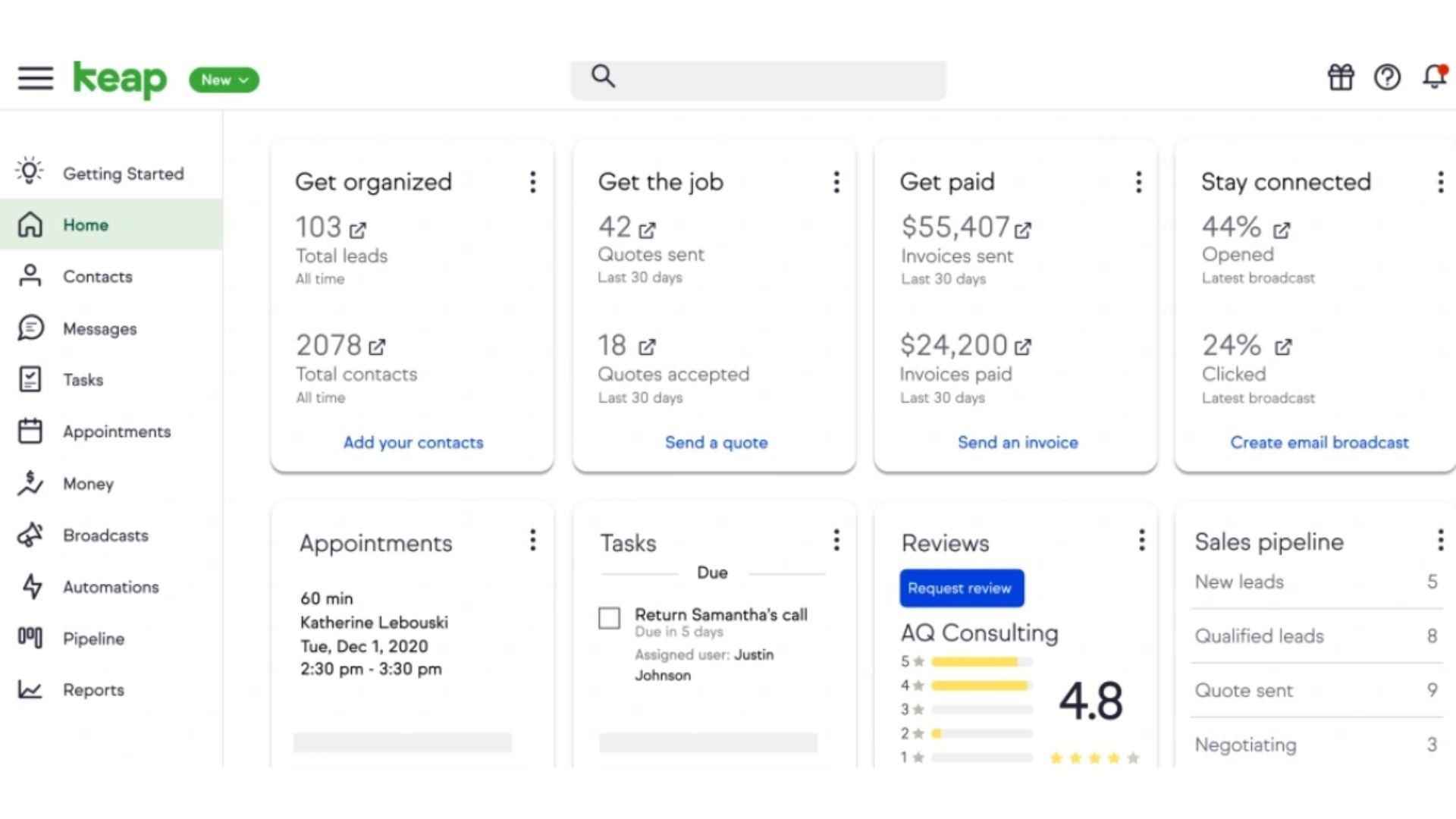
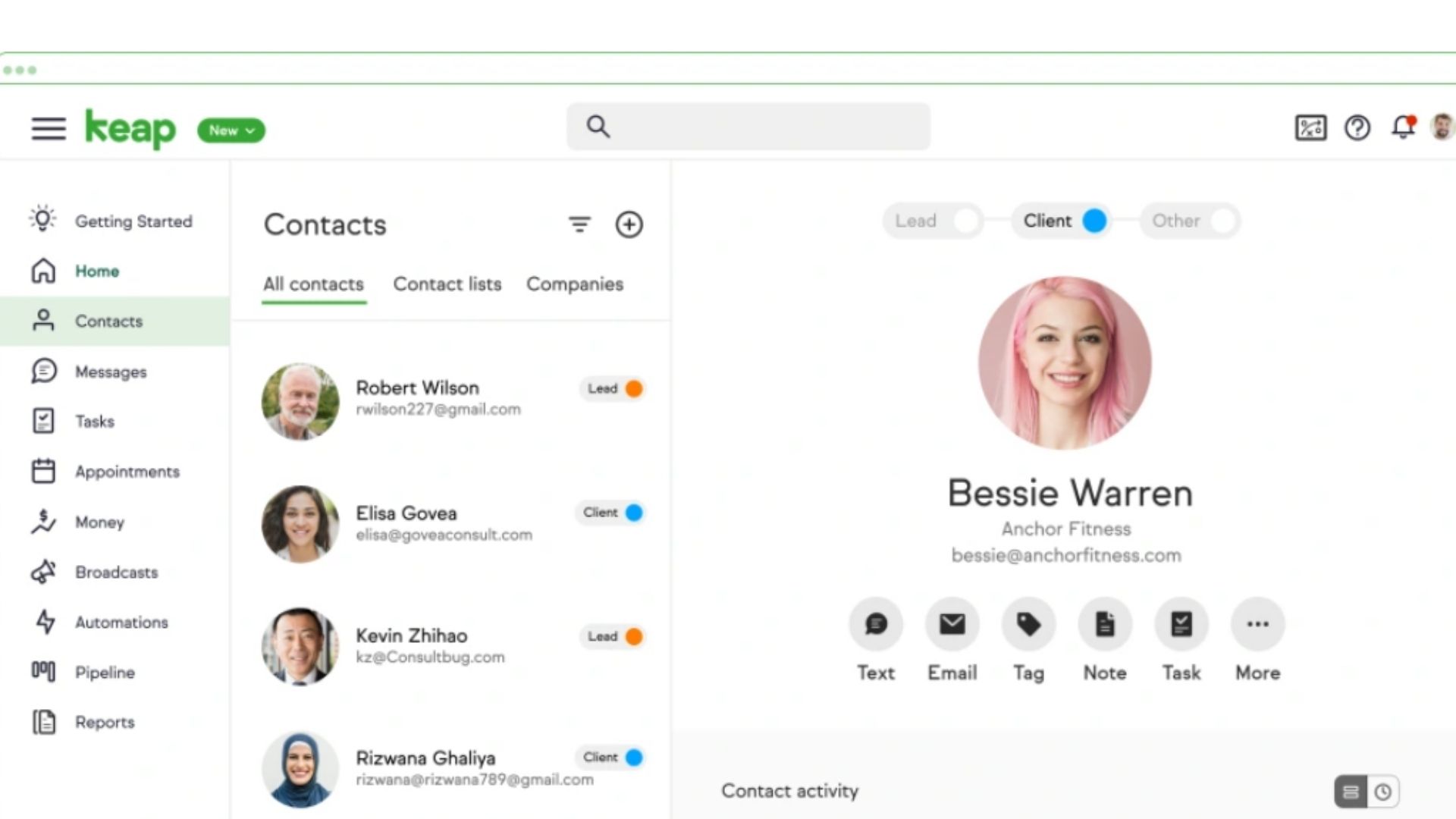
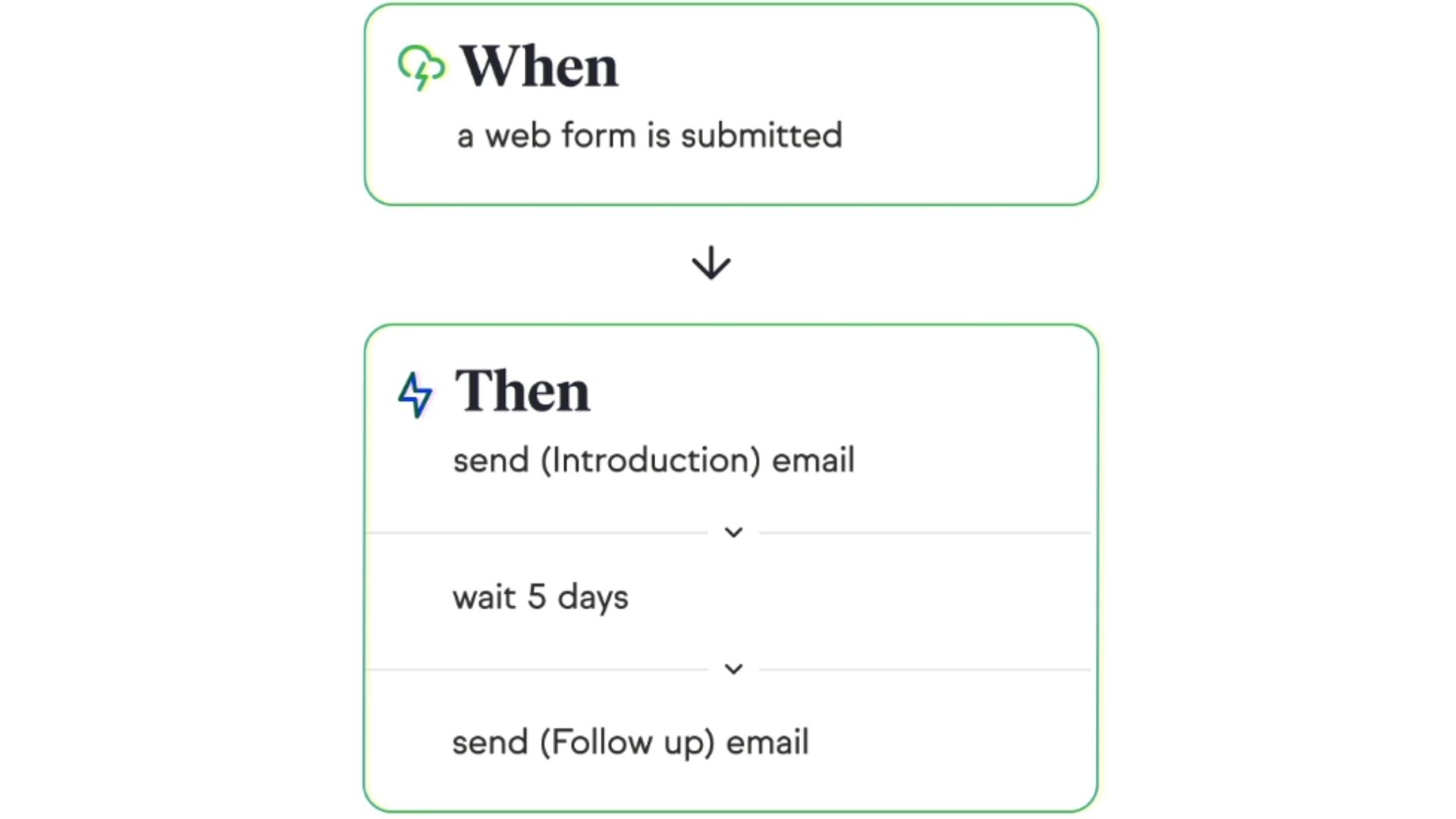
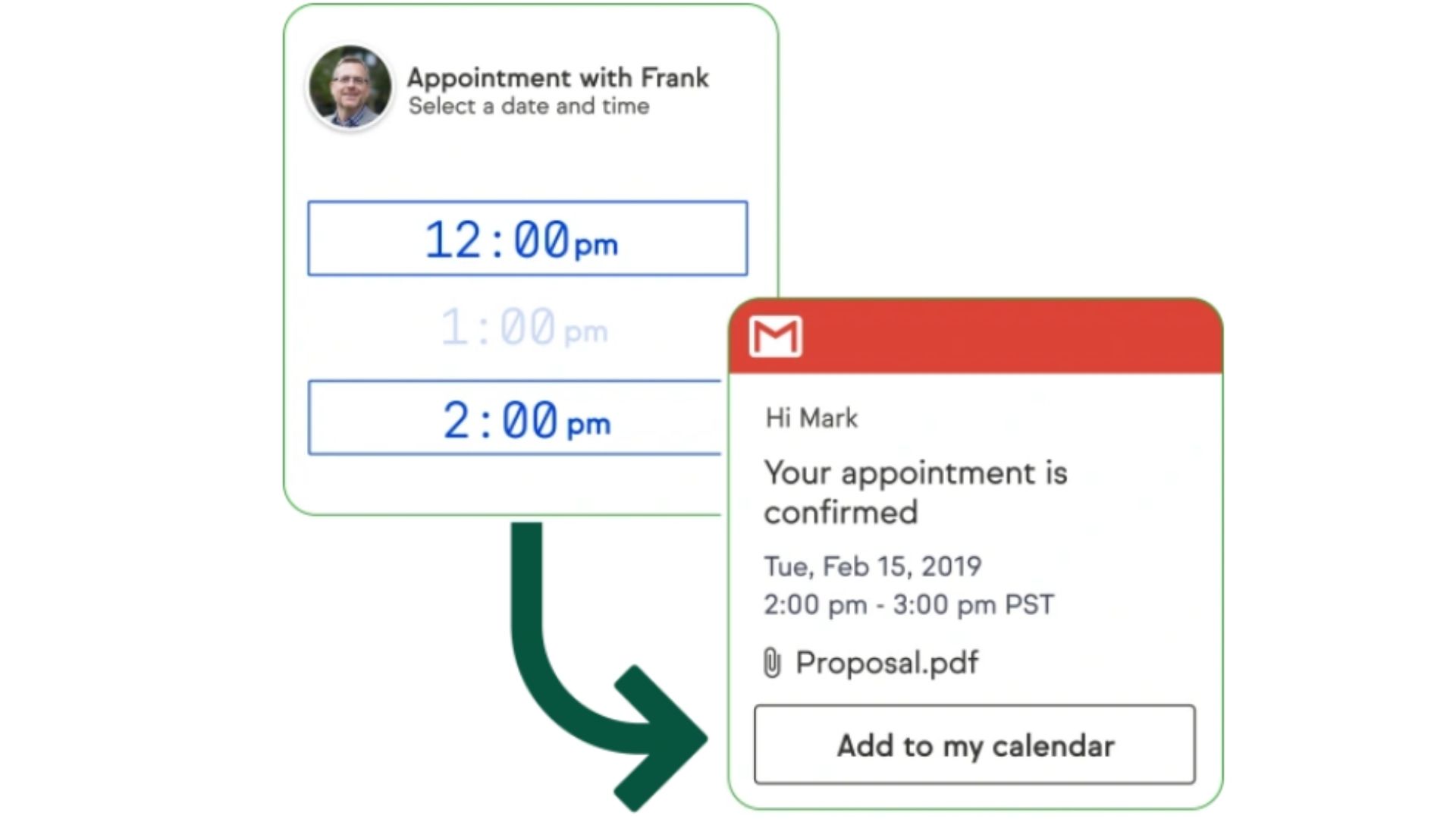
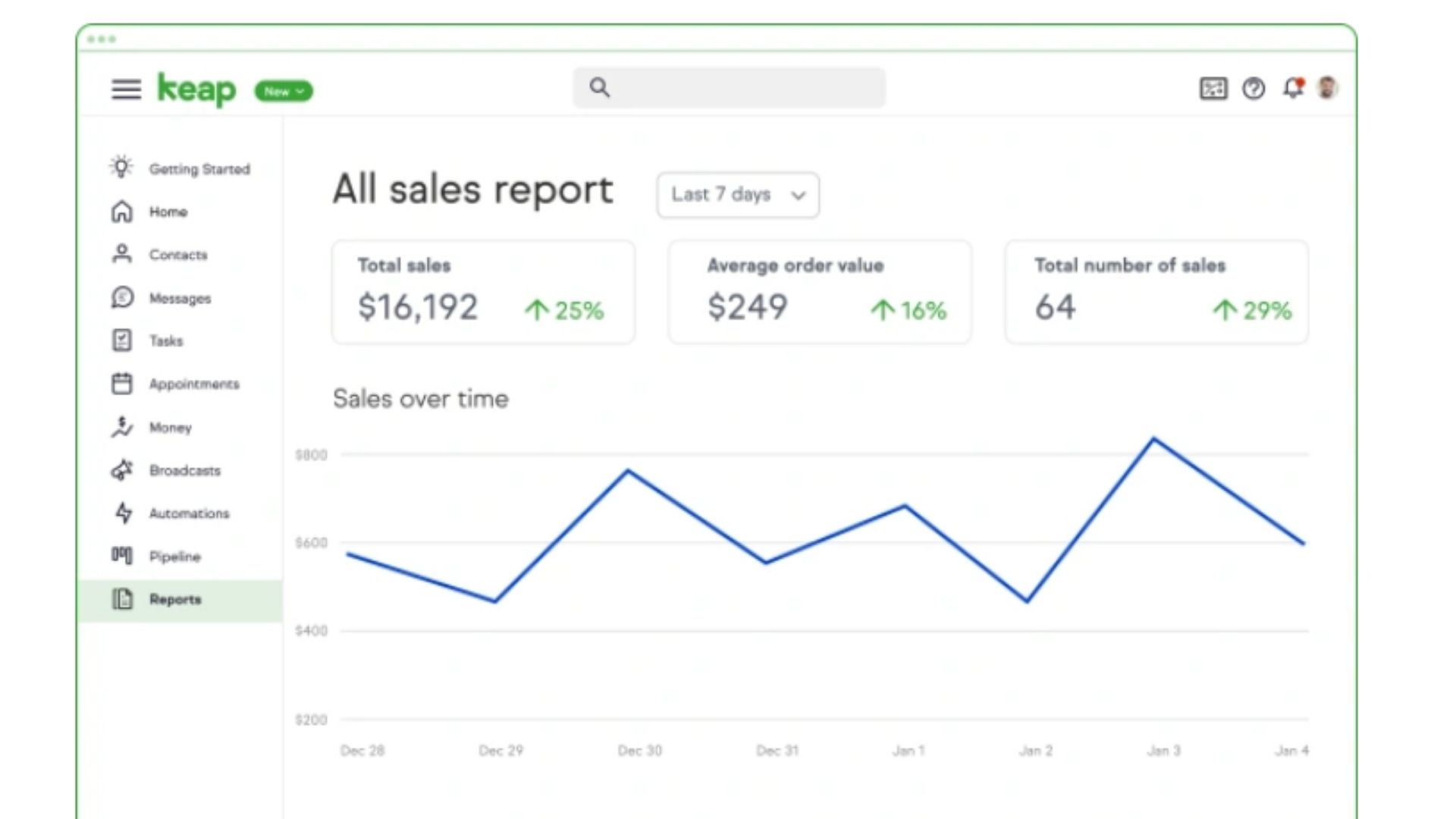
Keap: What’s new?
Keap has integrated the formerly known Infusionsoft software into its Max plan, aimed at established businesses. Max includes advanced features such as lead scoring, one-click cross-selling, customizable analytics, and real-time updates and automations from Shopify sales.
E-commerce integrations have been upgraded on Pro as well, with online check-out forms being customizable and synced across your CRM data. The Lite and Pro plans have additionally seen improvements in mobile marketing: for instance, you can broadcast and automate text messages to your contacts if based in the US and Canada.
Keap: Pricing
Keap charges for its three plans on a monthly basis. Although it has no annual billing option, it does drop 30% off the initial five months, with regular prices billed thereafter. Keap monthly pricing increases with the number of contacts stored, and each additional user is billed at a flat $30 each. Starting with $56 per month for 500 contacts on the Lite plan, Keap plans can go as high as $350 per month for 25,000 contacts on the Max plan.
Users can also work with a professional Keap coach to develop a personalized sales and marketing playbook for a one-off fee of $499.
Keap pricing plans
| Plan type/ feature | Keap Lite | Keap Pro | Zoho CRM - Standard | Hubspot CRM - Starter |
|---|---|---|---|---|
| Cost per month | $56 per month for five months, $79 per user per month thereafter (one user, up to 500 contacts) $30 per extra user | $119 per month for five months, $169 per user per month thereafter (one user, up to 500 contacts) $30 per extra user | $20 per user per month (up to 100,000 contacts) | $50 for two users per month (up to 15 million contacts) |
| Cost per year | $833 per user (billed monthly) $360 per extra user | $1,778 per user (billed monthly) $360 per extra user | $168 per user (billed yearly: save $72/ 30%) | $540 for two users (billed yearly: save $60/ 10%) |
| Pipeline management | X | ✓ | ✓ | ✓ |
| Workflow automation | ✓* | ✓ | ✓ | ✓ |
| Email marketing | ✓ | ✓ | ✓* | ✓ |
| Reporting and analytics | ✓ | ✓ | ✓ | ✓ |
* limited functionality
Testing Keap
Below, we test how well Keap’s main features perform and how quickly you can start to use it with a small to midsize team. Our tests help conclude whether you can expect to increase your team’s productivity and pipeline effectiveness.
How easy to use is Keap?
Keap’s UI is impressively intuitive. Though chatbot tips and in-app tutorials are provided on first use, an inexperienced user could easily get by without them. With a larger-than-average font size, plenty of white space, and observable action buttons, doing the CRM basics—managing contacts, visualizing pipelines, and appointing tasks—is seamless.
When starting off, you’re prompted to add your first contacts, either manually or by importing from a spreadsheet or alternative contact lists such as Google, Mailchimp, or Quickbooks. This would be a quick process necessitating only a few clicks, if not for a spam-deterrent question asking if the contacts are expecting emails from your business. If the answer is no, Keap won’t allow you to email them.
Some automations can be set without leaving the Contacts tab, such as adding contacts to a list when an email has been opened. Conveniently, real-time information about ongoing conversations, appointments, and tasks is available in the contact’s profile summary.
Overall, Keap’s interface is easy to get used to, but there are some less intuitive features, such as placing the Save button at the top of forms and not at the bottom.
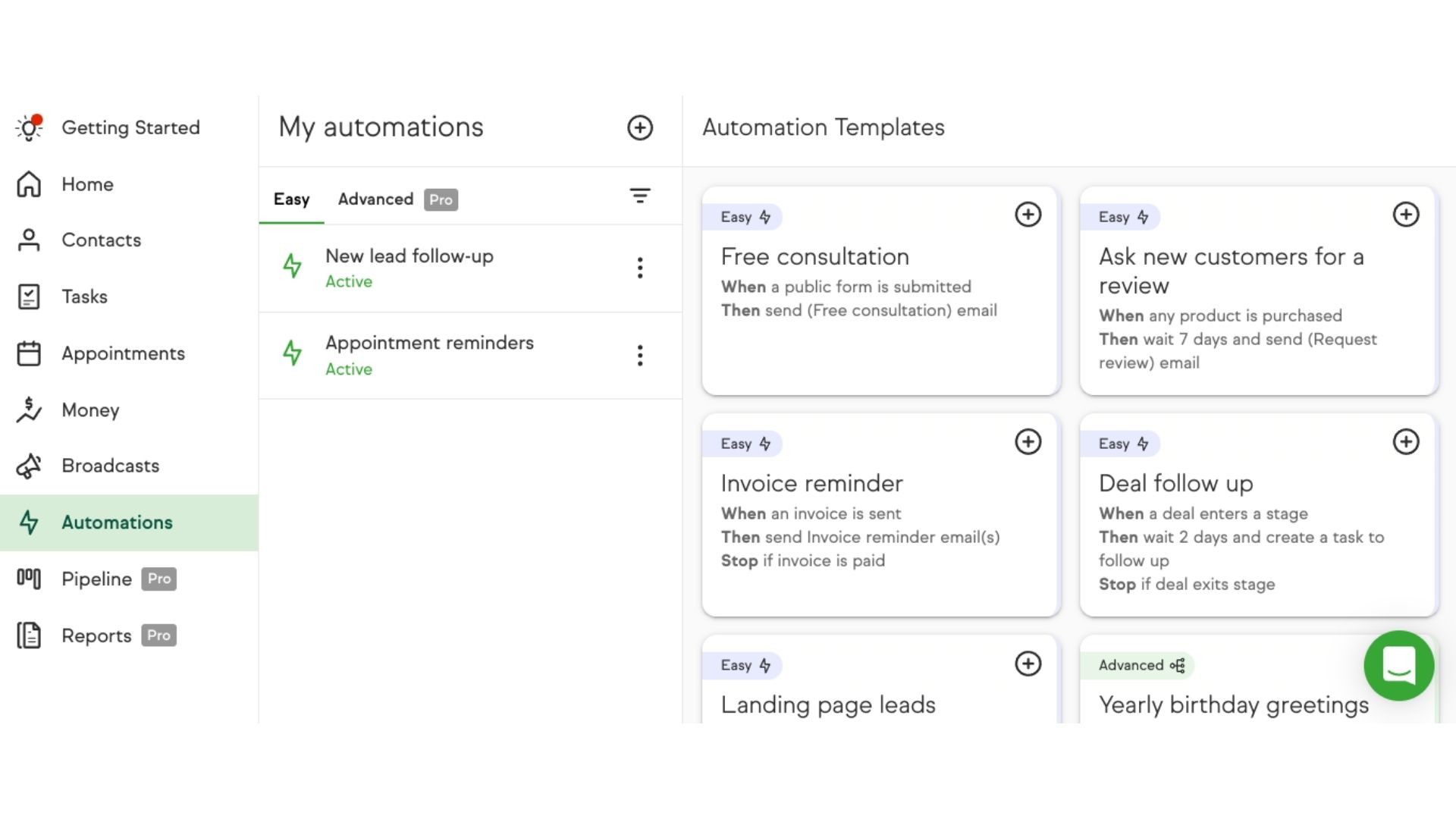
How quickly can I get up and running with Keap?
On sign-up, a quick but mandatory questionnaire registers your top CRM priorities using straightforward statements such as “I want to quickly follow up with new leads.” It also integrates with email and calendar services such as Google or Microsoft. This saves time doing vital integrations later on and tailors your in-app recommendations.
The home dashboard provides a big-picture view of your sales figures, upcoming meetings, and email campaign stats, with a short two-click journey to create a new contact, email, task, or appointment.
Setting up a pipeline takes only a few minutes: you can either choose Keap’s template or customize your own. A drag-and-drop Kanban board makes it easy to move deals throughout sales stages, and pipeline analytics are just one click away, allowing you to identify bottlenecks across pipelines and appraise individual rep performance.
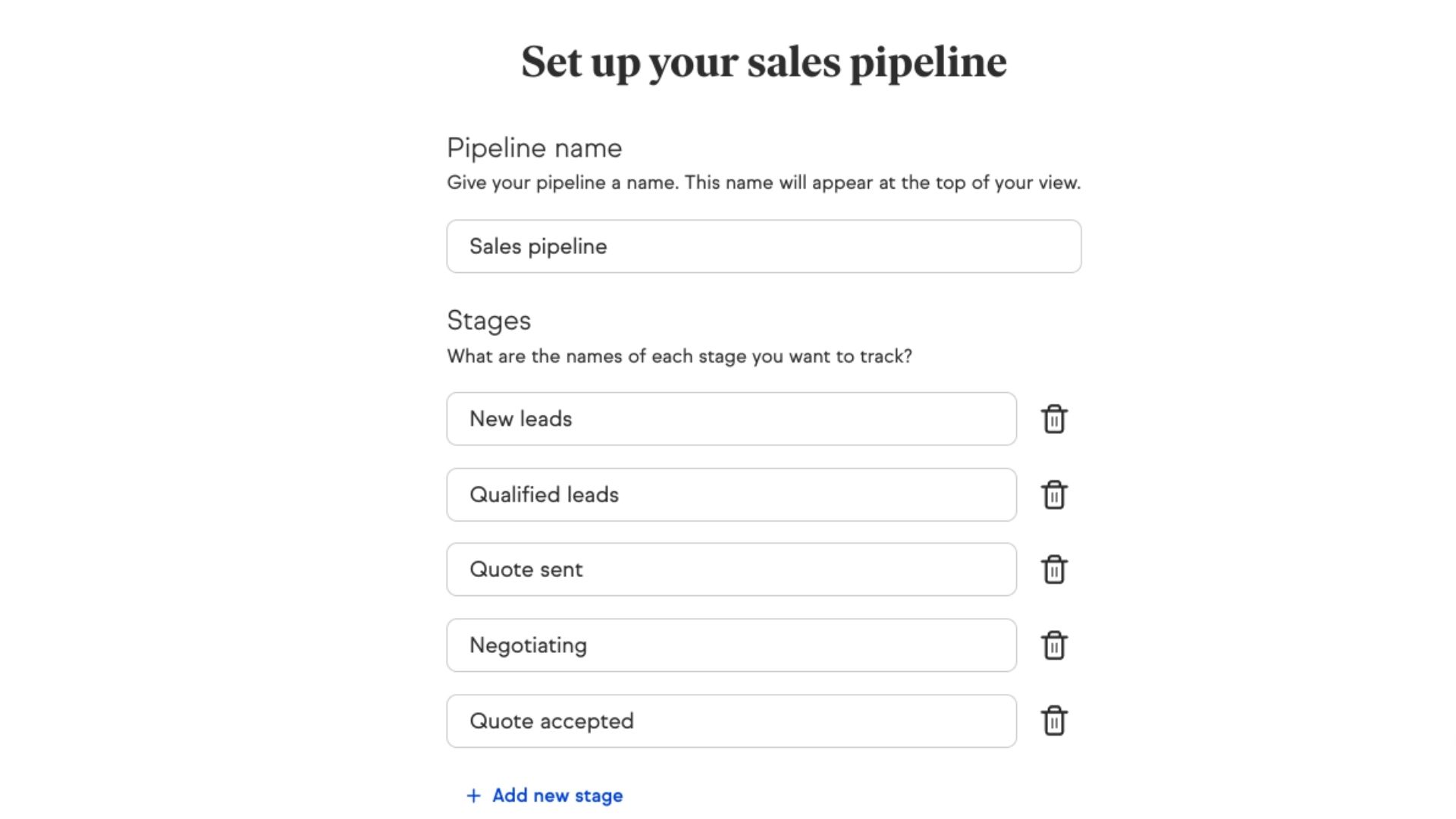
How advanced are Keap’s email campaigns?
Keap’s bulk emails are sent from the Broadcasts tab and its email builder felt intuitive and glitch-free in our testing. Pop-ups offer useful suggestions—including adding name fields in subject lines—while industry-specific templates get you started with email structures and designs.
The template editor works by dragging and dropping content blocks, including text, image, video, and social media buttons. It is easy to make quick changes directly in the email design, such as undoing, deleting, or adding an element. Switching from desktop to mobile preview is just a click away at any point. This is an important feature as a large proportion of emails are opened on mobile devices.
Before sending to specified recipient lists, Keap asks for details such as your business address, to comply with marketing regulations. While this is a welcome feature, the pop-up could appear prior to editing for a more frictionless experience. In our test, the email broadcast reached the recipient within a minute or so, after choosing “immediate” sending.
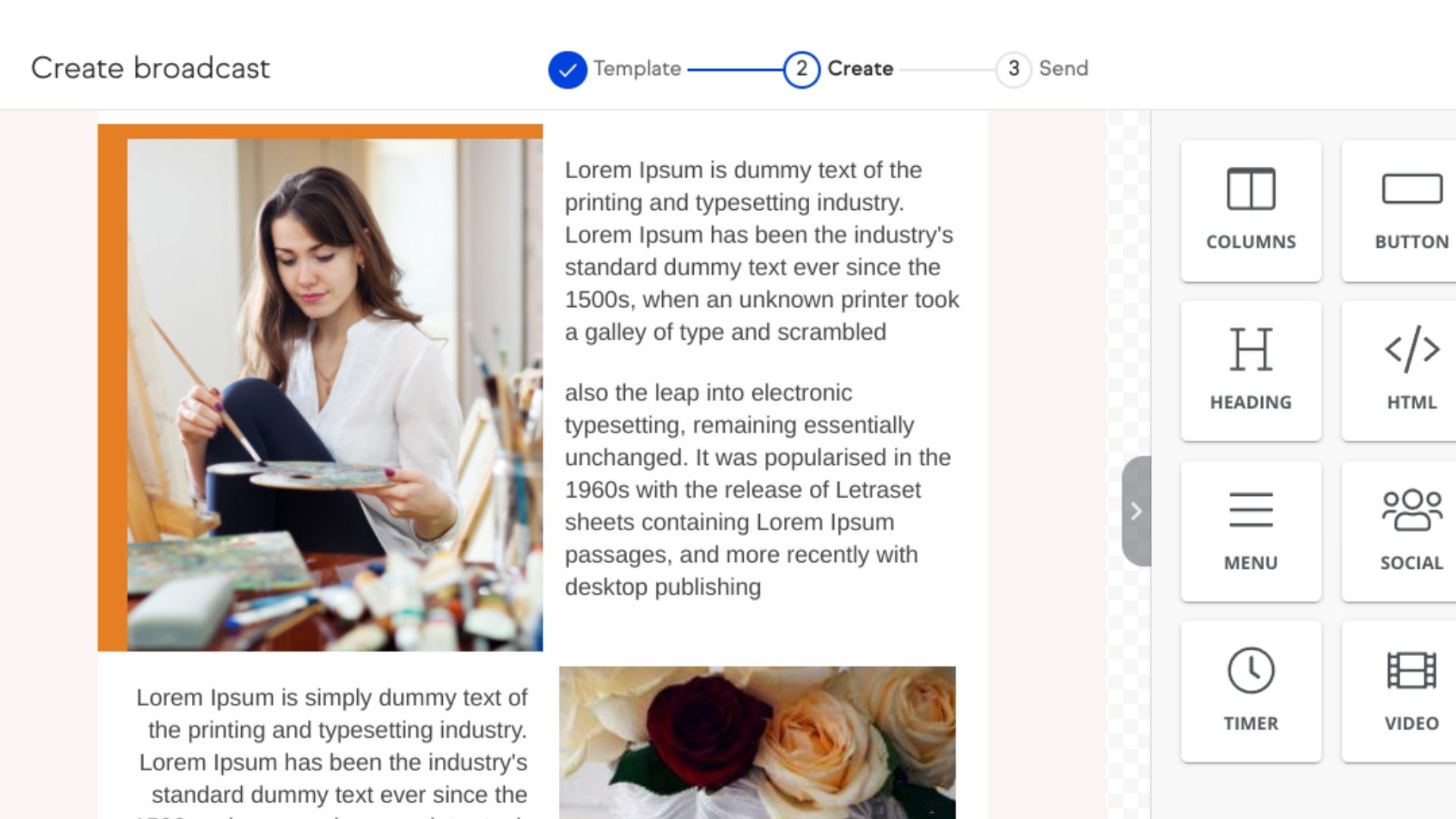
Alternatives to Keap
Like Keap, competitors Zoho CRM and Hubspot CRM are suitable for small to midsize businesses that require an integrated sales and marketing suite. A shared feature for all three products is the ability to send and track bulk emails, although Zoho CRM lacks advanced features provided by the other two, including newsletter templates, drag-and-drop functionality, and A/B testing.
Keap outperforms Zoho CRM and Hubspot CRM in user-friendly design: contact lists, appointments, and pipelines look less cluttered, and automations are created with fewer clicks. Keap also features payment and quote management, which is rare across competitor products. That said, reporting and pipeline management, which Zoho CRM and Hubspot CRM offer on their free plans, are not available on the Keap starter plan.
For more information, read our Zoho CRM review and Hubspot CRM review.
| Keap | Zoho CRM | Hubspot CRM | |
|---|---|---|---|
| Bulk email marketing | Advanced | Basic | Advanced |
| Reporting and analytics | Limited | Advanced | Advanced |
| Support | Call and chat (Monday to Friday), knowledge base | Email (Monday to Friday), community forums | Live chat, phone, knowledge base, community forums |
| Basic plan | $56 a month per user (up to 500 contacts) | $20 a month per user (up to 100,000 contacts) | $50 a month for two users (up to 15 million contacts) |
Keap: Final verdict
Keap’s above-average price tag is justified through a seamlessly integrated sales and marketing engine. Its price includes unlimited emails and templates, which can be sent to all contacts in your database. Real-time payment integrations with e-commerce platforms such as Shopify are augmented by automatic quote-to-invoice conversions as leads become clients.
One of Keap’s biggest selling points is how easy it is to set up and use. With clear user journeys, pop-up tips, and an action-oriented interface, you can add contacts and appointments, and send email campaigns in no time. Though you can do advanced tracking and A/B testing for email campaigns, sales reporting and analytics are reserved for Pro and Max plans. But even then, it’s not as customizable as reporting offered by competitors like Hubspot CRM or Zoho CRM.
Keap’s workflow automation effectiveness can’t be understated. Available across all plans, it can replace manual tasks with triggers from sales stages, contact details, email engagement, payments, and more.
While clearly on the pricey side, Keap has a compelling set of tools for small teams who are ready to ride their next wave of growth.
Further reading
For more background information, read our feature on what CRM software is. Our best CRM software buying guide includes more alternatives to Keap, and you can also check out our best free CRM software and best CRM for small business top picks.
0 comments:
Post a Comment